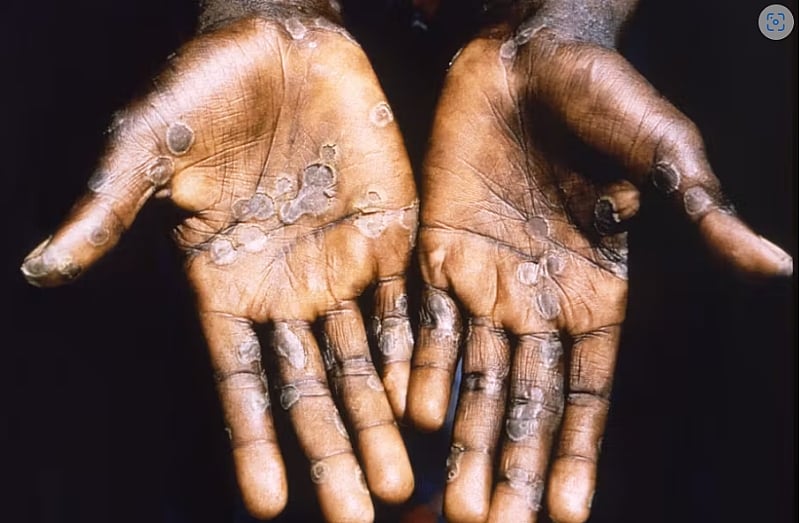Ghana has recently confirmed a second case of Mpox, previously known as Monkeypox, highlighting the ongoing challenges posed by this viral disease. The latest confirmed case involves the mother of a 15-year-old boy who was diagnosed with Mpox in September, marking a significant development in the country’s health landscape. Health authorities are now closely monitoring both cases to prevent further spread of the virus and are implementing various strategies to ensure public safety and health.
Dr. Dennis Laryea, the Deputy Director of Disease Surveillance at the Ghana Health Service, has provided an update reassuring the public that stringent measures are being taken to contain the outbreak. He emphasized the importance of a coordinated response from health officials and the community alike to mitigate the risks posed by Mpox. The health authorities are committed to preventing additional transmissions and maintaining vigilance in high-risk areas to ensure the safety of the public.
Mpox is a viral disease that primarily spreads through direct contact with infected individuals or contaminated surfaces, making awareness and adherence to hygiene protocols vital. Key symptoms of Mpox include fever, rash, and swollen lymph nodes, which can significantly affect individuals’ health and well-being. Health officials are encouraging the public to remain vigilant by following hygiene practices and promptly reporting any suspected symptoms to healthcare providers, contributing to early detection and management of potential cases.
In response to the confirmed cases, the Ghana Health Service has intensified public awareness campaigns. These campaigns aim to educate the community about Mpox, its transmission methods, and preventive measures that can be adopted to curb the spread of the virus. Additionally, the health authorities are collaborating with local health facilities to ensure all necessary preparations are in place for effectively managing any new cases that may arise.
The health officials are also mobilizing additional resources to monitor other contacts of the confirmed cases, especially in the affected communities. This proactive approach is crucial in preventing further transmission within the community and protecting vulnerable populations. The monitoring efforts, combined with public education and strict health protocols, form a comprehensive strategy aimed at controlling the Mpox outbreak in Ghana.
In conclusion, the emergence of the second Mpox case in Ghana highlights the need for ongoing vigilance and robust health measures. The Ghana Health Service is fully engaged in monitoring and managing the situation, emphasizing community cooperation and awareness. As the authorities work to contain the virus, it is essential that the public remains informed and proactive in adhering to health guidelines to safeguard their health and the broader community.


